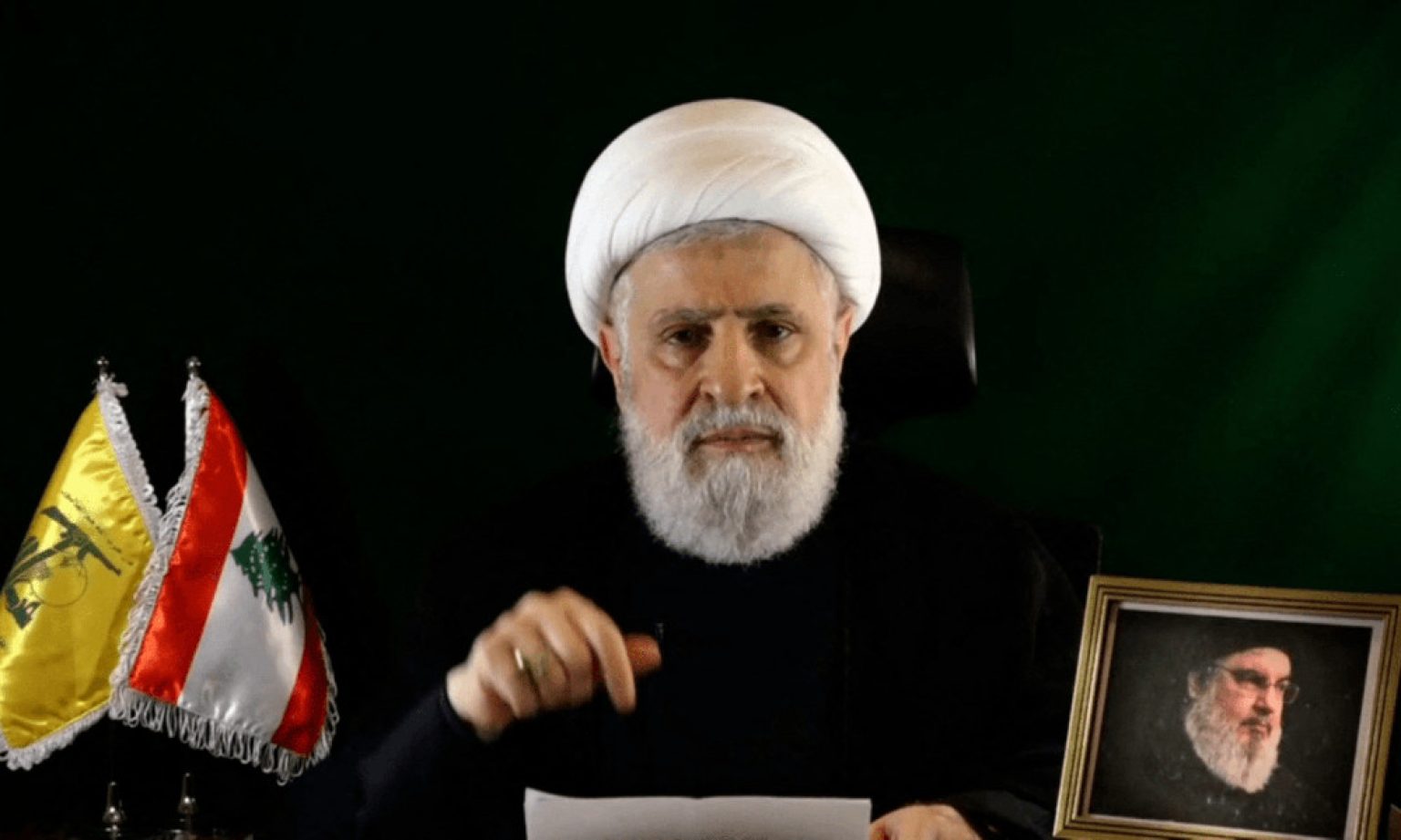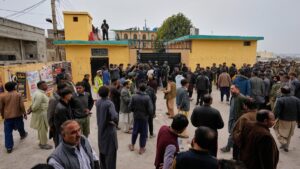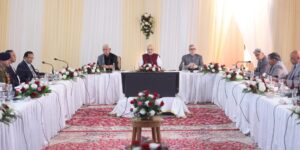Hezbollah’s New Leader, Sheikh Naim Qassem, Vows to Continue Resistance Against Israel

In his first address as Hezbollah’s Secretary General, Sheikh Naim Qassem articulated a strong commitment to the resistance movement, reinforcing the group’s longstanding position against Israel and its actions in Palestine. Qassem, who succeeded Syed Hasan Nasrallah, began by paying tribute to influential figures such as Syed Hashim Safiuddun and Yahya Sinwar, acknowledging the heavy responsibility of his new role. He framed his leadership as a continuation of Nasrallah’s strategies and priorities, particularly the unwavering support for Gaza amid ongoing conflict. The new leader positioned the support for Gaza as paramount, questioning why others have not rallied to the Palestinian cause and asserting that Hezbollah will remain steadfast in its commitment to liberation and resistance.
A central theme of Qassem’s speech was the historical context of Hezbollah’s struggle against Israel. He emphasized that the resistance movement has been instrumental in expelling Israeli forces from Lebanon, a feat he attributed to the dedication and sacrifices of its fighters rather than international diplomatic resolutions. He reminded his audience of the 75 years of violence, displacement, and land theft that Palestinians have endured, framing the current conflict as part of a larger, ongoing struggle against colonial aggression. This narrative serves to unite the community and solidify Hezbollah’s position as a leader in the resistance against perceived oppression, reinforcing the importance of historical memory in shaping collective identity.
Qassem’s remarks also highlighted the broader implications of the current conflict, stating that it is not merely a battle for Gaza or Lebanon but part of a comprehensive struggle against the entire resistance movement. He characterized the conflict as a project that seeks to undermine the spirit of resistance, suggesting that the steadfastness of fighters in Gaza and Lebanon will significantly influence future generations. This framing of the conflict as a battle for ideals rather than territory underscores the ideological commitment that Hezbollah maintains in its operations and rhetoric, reinforcing the notion that the fight is rooted in deep-seated values and beliefs.
Furthermore, Qassem addressed Hezbollah’s relationship with Iran, asserting that the Islamic Republic supports the resistance for its own project rather than for influence over the group. This claim underscores Hezbollah’s autonomy in its operations while recognizing the strategic partnership that has developed over the years. Qassem welcomed support from any Arab and Islamic nation willing to stand against Israel, portraying Hezbollah as a unifying force in the region that transcends national boundaries in the pursuit of liberation and justice. His call for unity among resistance factions in the region highlights Hezbollah’s aspiration to consolidate efforts against a common enemy.
In conclusion, Sheikh Naim Qassem’s address reaffirmed Hezbollah’s commitment to its foundational principles of resistance, unity, and liberation. By framing the current conflict as part of a larger historical struggle, he seeks to rally support both domestically and regionally, positioning Hezbollah as a leader in the fight against oppression. The message of resilience and strength resonated throughout his speech, as he called on supporters to remain steadfast and ready for sacrifice. Qassem’s declaration that Hezbollah will emerge stronger from the confrontation with Israel serves to inspire confidence among his followers, as he emphasizes the necessity of ongoing resistance and the pursuit of justice for Palestinians. As the conflict continues to unfold, Hezbollah’s leadership under Qassem signals a determined approach to confronting challenges both on the battlefield and in the broader geopolitical landscape.





